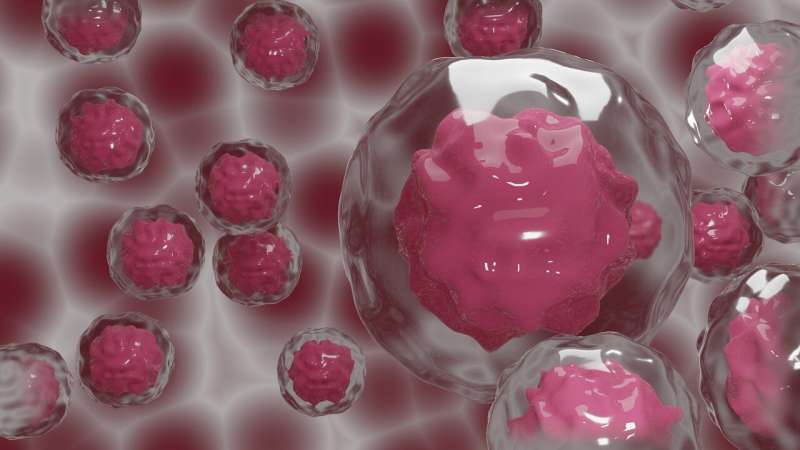
Immunotherapy has transformed treatment for patients with stage 4 metastatic esophageal and gastric cancers. In patients with these malignancies, immunotherapy has been shown to prolong survival when patients’ tumors exhibit a high expression of an immune-related protein called PD-L1.
Researchers are now investigating whether immunotherapy benefits patients who do not have stage 4 metastatic disease. In these patients, tumors have not spread to distant organs. A study highlighting this research is published in Clinical Cancer Research.
“The current standard of care for patients with nonmetastatic gastroesophageal cancer involves preoperative chemotherapy plus radiation and subsequent surgical resection of the primary cancer and surrounding lymph nodes,” says Harry Yoon, M.D., a medical oncologist at Mayo Clinic Cancer Center. However, Dr. Yoon notes that the rate of cancer recurrence in these patients is high, and if the tumor returns, the cancer is usually not curable.
Dr. Yoon and his colleagues performed a clinical trial to evaluate whether adding an immunotherapy called pembrolizumab to standard chemoradiation and surgery for patients with gastroesophageal junction adenocarcinoma might increase the number of patients who experienced complete tumor eradication in the original location and in nearby lymph nodes.
“Patients who experience this complete eradication appear to have a higher chance of cure,” says Dr. Yoon. “We found that adding immunotherapy appeared to increase the likelihood of complete eradication of the primary tumor and regional nodal metastases in the group of patients whose tumors expressed high levels of PD-L1.”
“If these results can be confirmed in a larger, separate clinical trial, the combination of immunotherapy with standard-of-care chemoradiation and surgery could become the new standard of care for patients with nonmetastatic gastroesophageal cancer,” says Dr. Yoon
Source: Read Full Article
